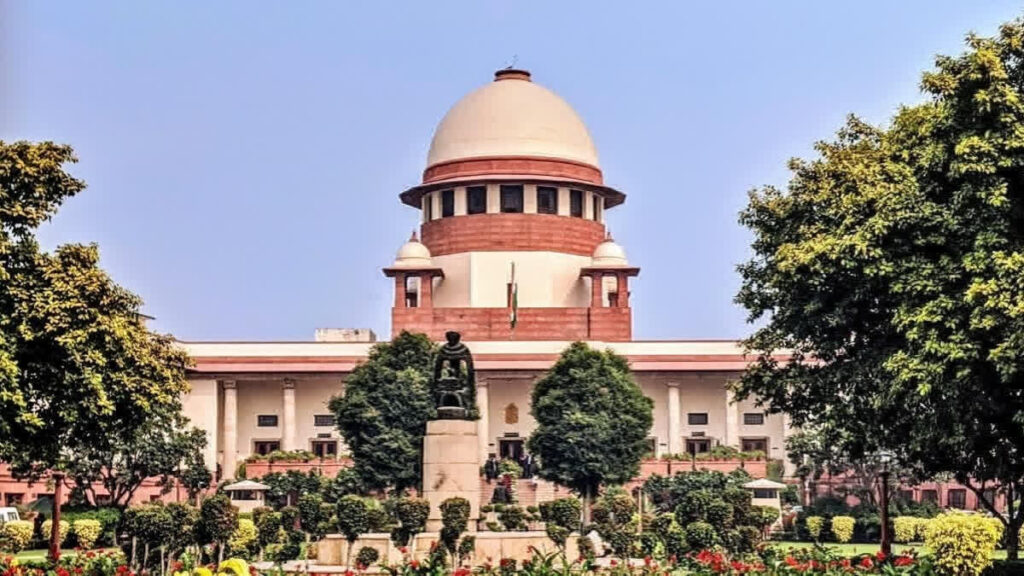Rehan Khan
On 19th July, the Supreme Court, agreed to examine the scope of Article 361 of the Indian Constitution, which provides “blanket immunity” to State governors from any form of criminal prosecution. This development came in response to a plea by a contractual woman employee who has accused the West Bengal Governor, C.V. Ananda Bose, of molestation. The employee is seeking judicial scrutiny of the constitutional provision that grants such immunity.
A bench led by Chief Justice D.Y. Chandrachud issued a notice to the West Bengal government concerning this plea. The top court also requested the assistance of Attorney General R. Venkataramani in addressing the constitutional question at hand. Additionally, the bench directed the woman employee of the West Bengal ‘Raj Bhavan’ to include the Centre as a party to her plea.
Article 361 of the Constitution, an exception to Article 14 which guarantees the right to equality, stipulates that the President or a Governor is not answerable to any court for the exercise of the powers and duties of their office. The petitioner is seeking directions to establish specific guidelines delineating the extent of the immunity enjoyed by governors from criminal prosecution.
The matter reached the Supreme Court after the Calcutta High Court issued a temporary stay on a probe by the state’s police against the Officer-On-Special Duty (OSD) of the Governor. The woman petitioner argues that the immunity granted under Article 361 requires judicial interpretation and limitations to prevent its misuse.
Case name: XXXX v. State of West Bengal
Case name: W.P.(Crl.) No. 295/2024
Click here to access judgement

